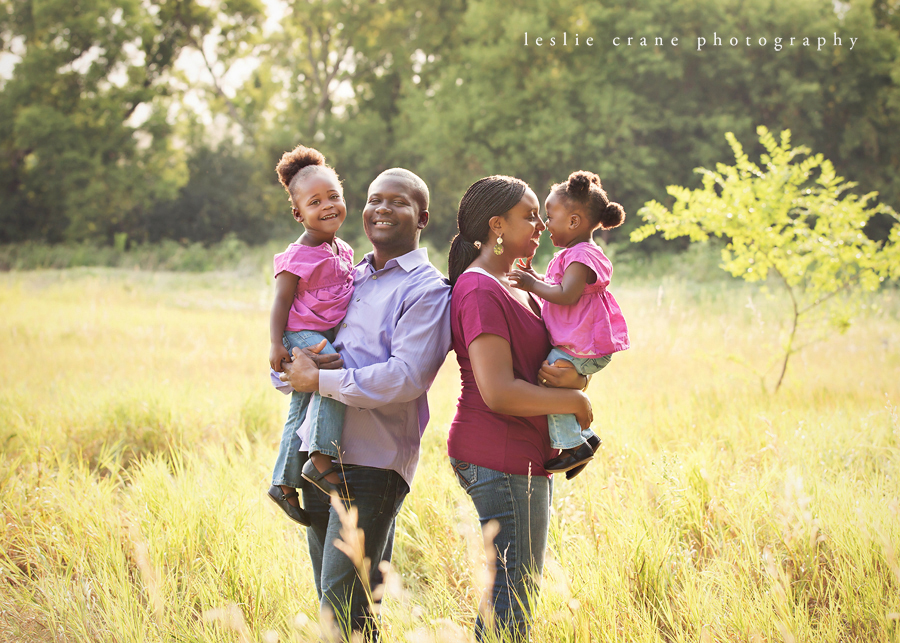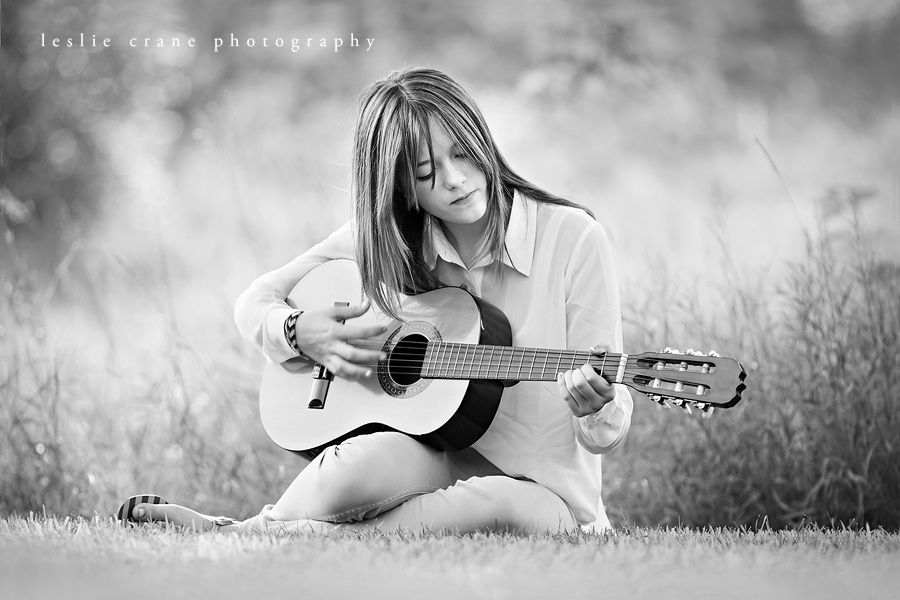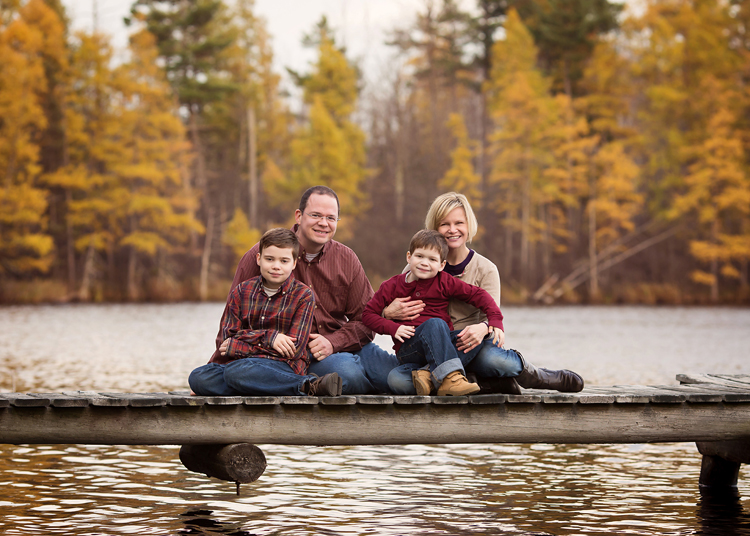
Leslie Crane is an accomplished studio and on-location portrait photographer based in Minneapolis-St. Paul, Minnesota. Her specialties include children and families, high school seniors, and expressive, modern headshots. Leslie is known for gorgeous studio and natural lighting, beautiful color and clarity, genuine emotional connection and a relaxed approach tailor-made to suit her individual clients. Her attention to detail and emphasis on technical quality make her one of the most sought-after photographers in the Twin Cities.
About me: In addition to running a busy portrait photography business, I work a little as a freelance public radio producer of classical music programs. I am trained as an opera singer (a coloratura soprano), though I am retired from singing on the stage. And I homeschool my sons, who are in first and seventh grades this year. Oh, and there are five of me. (How I wish that were true some days!)
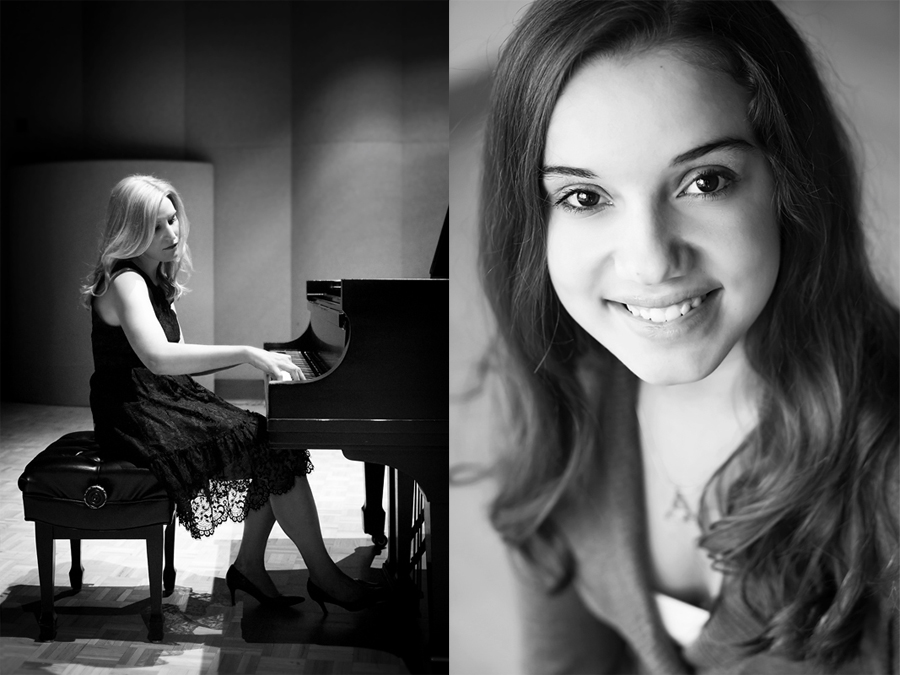
When did you first realize you wanted to be a photographer? I honestly don’t know exactly when I realized that. It’s more like it sort of happened very gradually and accidentally.
When and how did you start out in photography? My story is pretty much like most other female photographers I know, except that I started out when I was in my forties. My husband, knowing how I loved beautiful photographs, bought me my first DSLR camera and a great lens for my fortieth birthday. It was like somebody gave me back a limb I’d been missing for years and years. I’d learned a little bit about photography and manual shooting in my early twenties, with my dad’s 35mm film camera, but after he dropped it in the St. Croix River on a canoe trip, my dreams drowned right along with his Nikon. So almost two decades later, when presented with a second chance at photography, I went for it completely and wholeheartedly. I shot in auto mode for several months but I got frustrated because my pictures didn’t always look like what I saw in my mind. So I turned the dial to M for manual, started reading and practicing, and here I am now, at forty-six, doing what I never imagined I’d be doing! I think having trained as a classical musician really instilled that kind of work ethic in me, of practicing technique daily for hours, along with the notion that if you are going to do something, then try going as far as you can go, and try doing it the best you can possibly do. And I’m still working on doing that with photography.
So, it just goes to show you – even in your mid-forties you can learn something new and start a completely new career!
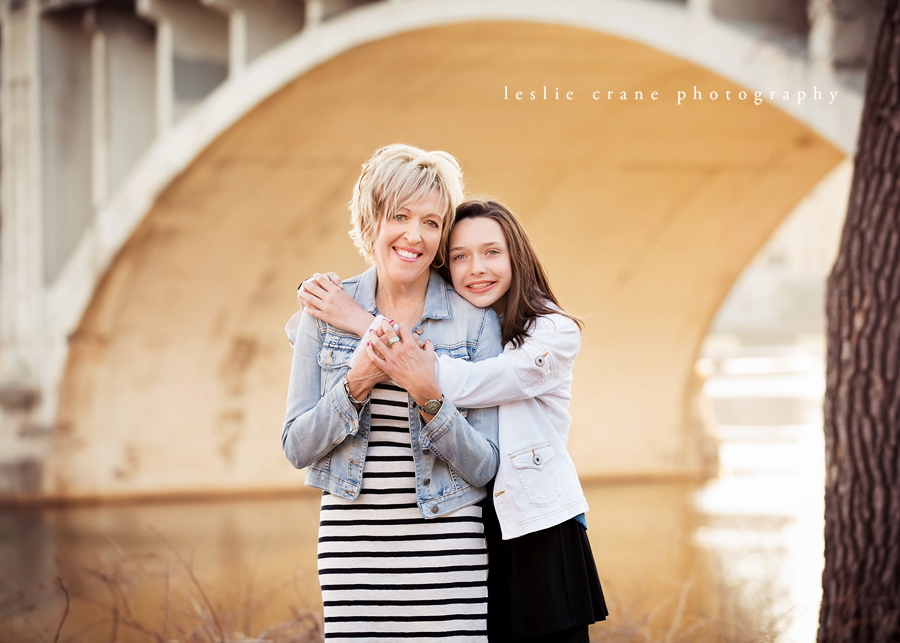
How would you describe your style? Sweet, simple, uncluttered, careful, natural, heartfelt, colorful, and contrasty. I truly love people. I love their expressions, how their eyes sparkle in beautiful light, and I love to show them how special they are through my work. I am no good at taking pictures without people in them, because people are the reason I do what I do.
What’s in your gear bag?
Canon 5D Mark iii
Canon 7D backup
Canon 24-70mm f/2.8L II lens
Canon 70-200mm f/2.8L IS II lens
Canon 85mm f/1.8 lens
Tamron 17-50mm f/2.8 lens
Canon 580 EXII speedlight
These are not in my gear bag, but I also use an Einstein 640 strobe with Chimera Pro Plus softbox and Paul C. Buff beauty dish in the studio
One lens you can’t live without?
My Canon 70-200 f/2.8L IS II. It is my baby. I want to put a diaper on it and cuddle it and rock it to sleep. Every single night. Maybe I even did that once. Or not.
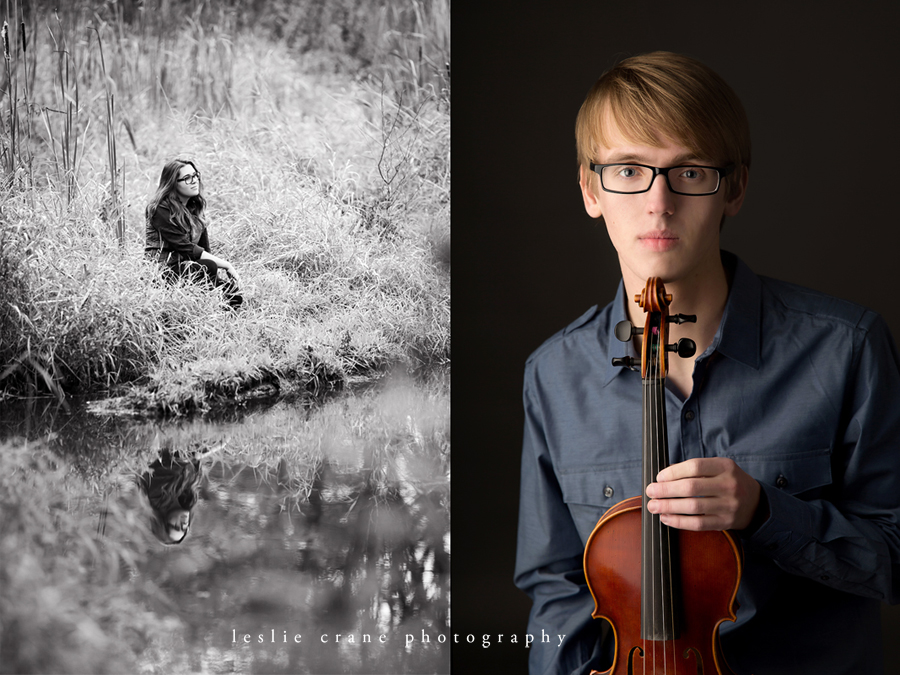
How did know when the right time to start charging was? When I knew I could consistently produce a technically great session (not just one photograph, but a full session) that was worth something. When I knew, MOST of the time, exactly how to create the image I saw in my mind by choosing the right lens and settings and the perfect light to get it. When I knew how to get natural expressions and poses from my subjects, and how to do that while turning dials and figuring out camera settings in my head. AND, when I knew how to enhance those images in my edits to make them reflect my vision and style.
It was very important to me to have excellent technique before taking money as a professional, because, to me, the title “professional” means that one has attained some amount of mastery in that field. I don’t take that lightly. And I don’t practice on my paying clients. They deserve a professional, not someone who is still figuring things out. Not that I’m not still learning, or trying new things – I am, and I always will be. But a professional also needs to know how to accomplish the job she is hired to do.
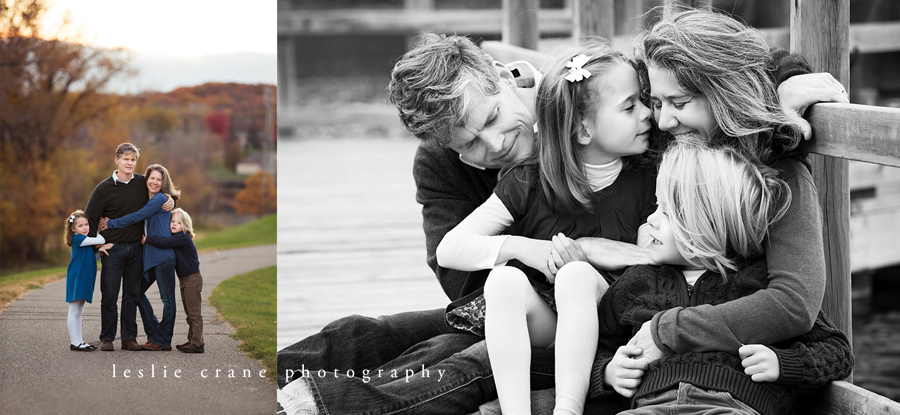
How much did you charge for your first session and how much are you charging for the same type of session now? Oh, my. Now I am cringing. Disclaimer: I was portfolio building, and this was only for people I knew personally (and I really should have either done it for free or charged my worth) … But the first time I charged money for a full session, it was $100 for the whole shebang – session and all the digital files. And now, that same session, would cost someone $1350 + tax. I also sell prints, albums, canvas, and other products.
How did you market yourself when you started out? Word of mouth and Facebook.
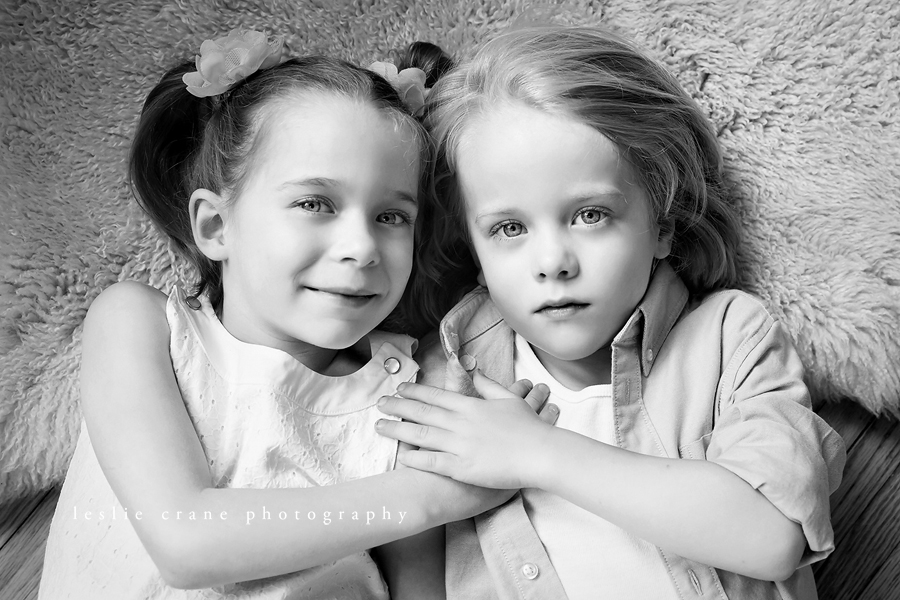
We are going to play a game… name the first person that comes to mind when you think of… Write down the first person, no cheating!!
Newborn photographer: Erin Elizabeth Photography (Perth, Australia)
Wedding photographer: Roberto Valenzuela
Lifestyle photographer: Tara Whitney
Most inspirational person: Blessed Teresa of Calcutta
Name the first thing that comes to mind when you think of:
Prop vendor: Um… I don’t know, because I get props out of my mother-in-law’s garage or my son’s toy box! I have never bought a prop of any kind.
Photography Book: Understanding Exposure by Bryan Peterson
Photography Blog: Psychology for Photographers
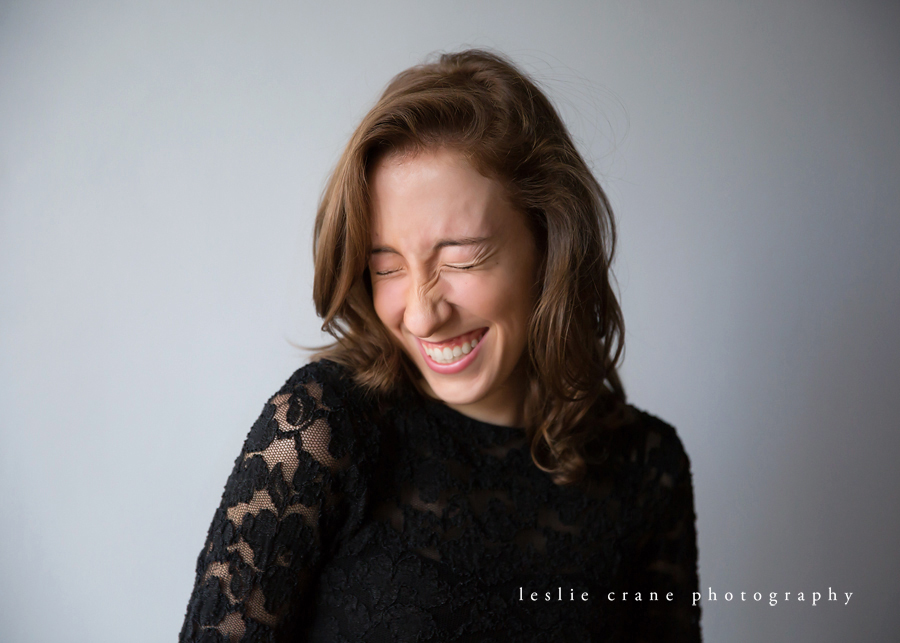
Did you go to school for photography or were you self-taught? If self-taught, what helped you the most? I did not go to school for photography but on the other hand I feel like the term “self-taught” is unfair to the people who helped me and worked with me, both for free and through paid classes I’ve taken. On the OTHER hand (yes, I have three hands, and I use them all), I have worked incredibly hard to learn a lot on my own, too, and spent thousands of hours reading, practicing and learning. And I think that’s what helped me the most – nitty-gritty hard work, research, and practice.
What have been some of the hardest things to overcome in your business? I have been really lucky in my business, in that nearly all of my clients are wonderful, appreciative people who see the true value in what I do. I just don’t have a lot of issues, or business difficulties (And believe me, I know how fortunate I am!) So I am very happy in my business, honestly. But every business has its challenges, and I think mine have to do time, with saying no, and with balancing my family’s needs with my desire to please my clients and provide top-notch customer service. In order to do both (and sometimes I just plain old fail at doing both), I sacrifice things like sleep, and time with my friends. It’s a constant struggle for me, but each year I get better at it!
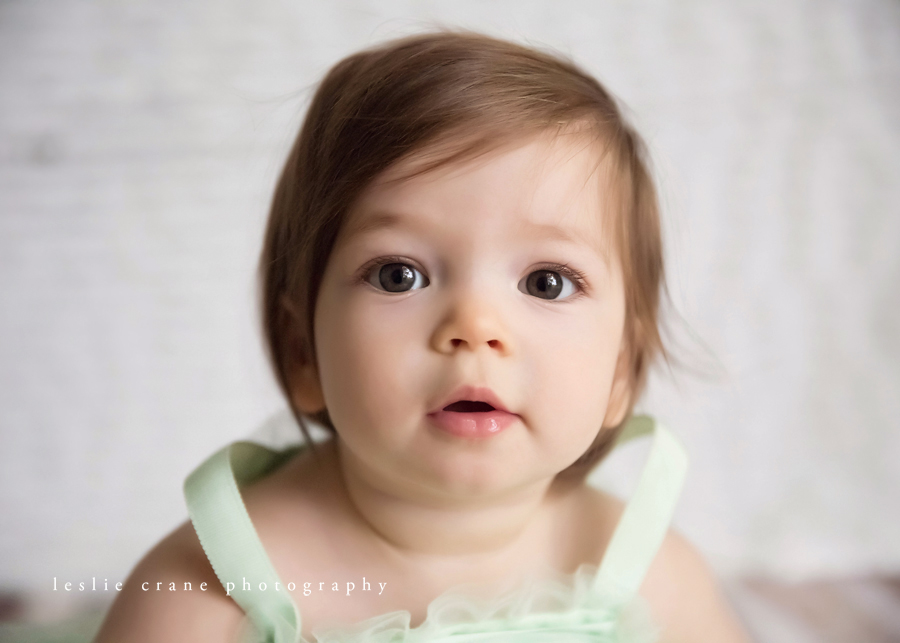
Do you have any tips for photographers just starting out? Grow a third hand, you’ll need it. OK, seriously, I have a LOT of tips for those starting out. After all, it wasn’t that long ago that I was starting out!
My biggest shooting tips:
1) Light is king. No special moment will have as much meaning in your image if you shoot it in poor light, or without knowing what to do to find or create the light to bring that meaning out. Bad light makes for bad photographs.
2) Stay away from the green box! Know your gear, and don’t shoot in auto mode and expect professional-looking results. Know what your camera settings mean and choose them purposefully. Know what good exposure, white balance, focus and composition look like. Don’t get your best photo by accident. Get it on purpose.
3) Once your light and your settings become second nature, then learn to really connect with people, so that they look wonderful, natural and genuine in their pictures. Learn to be both the director AND the camera-person. And learn to edit and retouch according to your particular vision and viewpoint.
My biggest business tips, aside from the obvious, “Get your business license, pay taxes, learn about sales and use tax, and get business insurance:”
1) Skills come before business. Learn your craft first. You need more than a fancy camera before you hang your shingle. A lot of people think “but my time is worth something!” and I see why they say that, but the question to ask yourself, is, “is my WORK worth something?” The word “professional” should mean something. When you set up your business you are joining an industry, and you need to know your market and value the industry of which you are now a part.
2) So… when you are ready to be a professional, charge what you are worth and be worth what you charge.
3) Stand out. There are seventy-kajillion photographers out there. Find a way to stand out and be special, even if that means being simple, clean and classic. Be you. Do what YOU do, not what everybody else does.
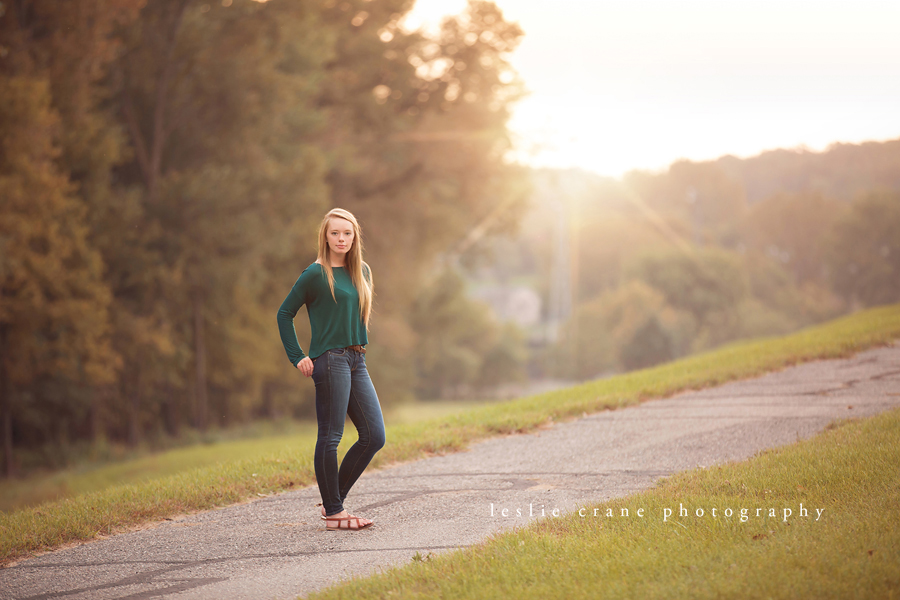
If for some reason you couldn’t be a photographer what do you think you would be? Asleep. Bored. Thinner. Living in a cleaner house.
What’s the best lesson in photography that you’ve learned so far? Portrait photography is about people. The business of portrait photography is about people, too. I have learned to use my people skills when I am behind the camera, to bring out their best, and to use my people skills behind the computer/phone, to keep them happy and keep myself in business.
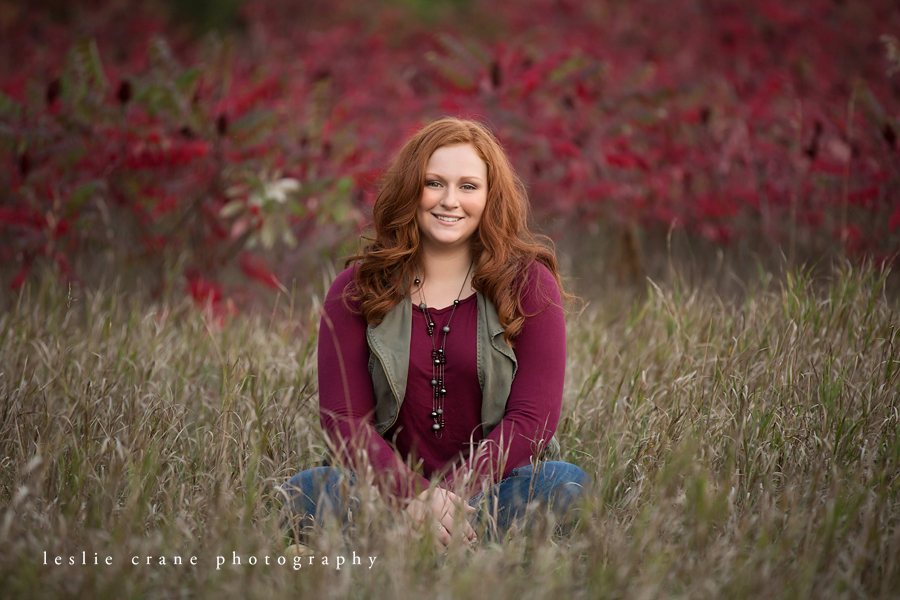
What are your thoughts on lifestyle photography? I love lifestyle photography and I am in awe of those people who do it well. It is such an art. You have to be able to shoot it technically like a great portrait – because great lifestyle work IS great portraiture – but you also need to be able to improvise and shoot on the fly, both direct and observe, move quickly yet wait patiently, to shoot purposefully, yet let go… I find that so hard, personally, but it is so beautiful when people do it well. It is something I want to work on and learn to do like the masters. Maybe in my 50s. It’s never too late.
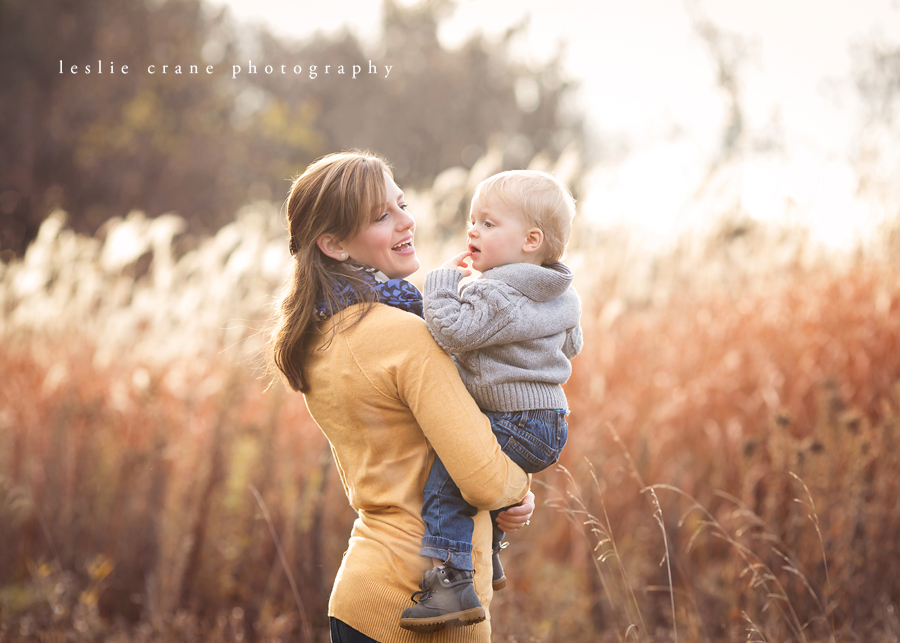
Find Leslie Crane Photography on the web:
